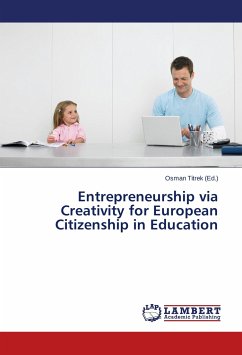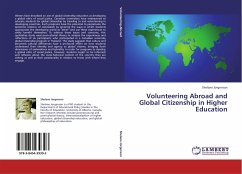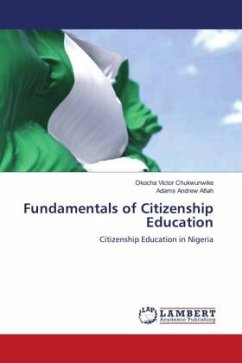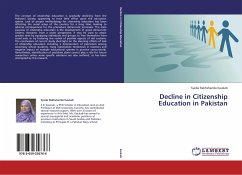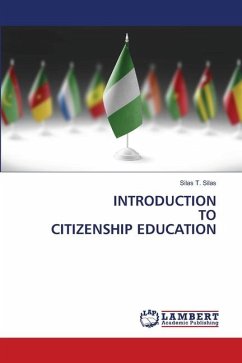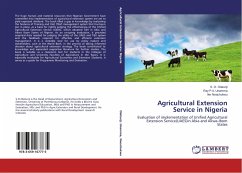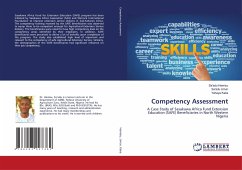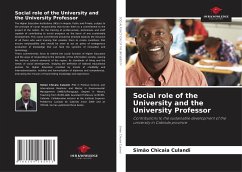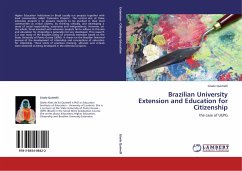
Brazilian University Extension and Education for Citizenship
the case of UEPG
Versandkostenfrei!
Versandfertig in 6-10 Tagen
52,99 €
inkl. MwSt.

PAYBACK Punkte
26 °P sammeln!
Higher Education Institutions in Brazil usually run projects together with local communities called Extension Projects . The central aim of these extension projects is to prepare students to be involved in their local communities as critical citizens, by thinking critically, and developing a sense of social responsibility, autonomy and independence. However, on the whole, those involved with extension projects fail to adhere to this aim and education for citizenship is generally not very developed. This research is a case study of the Brazilian policy of university extension based on the State...
Higher Education Institutions in Brazil usually run projects together with local communities called Extension Projects . The central aim of these extension projects is to prepare students to be involved in their local communities as critical citizens, by thinking critically, and developing a sense of social responsibility, autonomy and independence. However, on the whole, those involved with extension projects fail to adhere to this aim and education for citizenship is generally not very developed. This research is a case study of the Brazilian policy of university extension based on the State University of Ponta Grossa (UEPG). It draws on the Brazilian historical process of the development of citizenship and conceptions of education for citizenship. Three kinds of practices (training, altruistic and critical) were observed as being developed in the extension projects.



